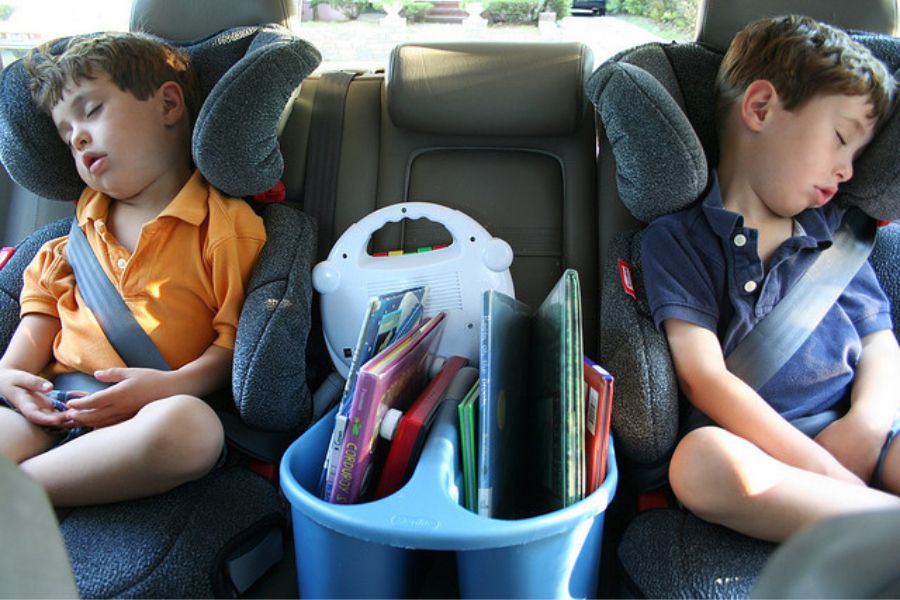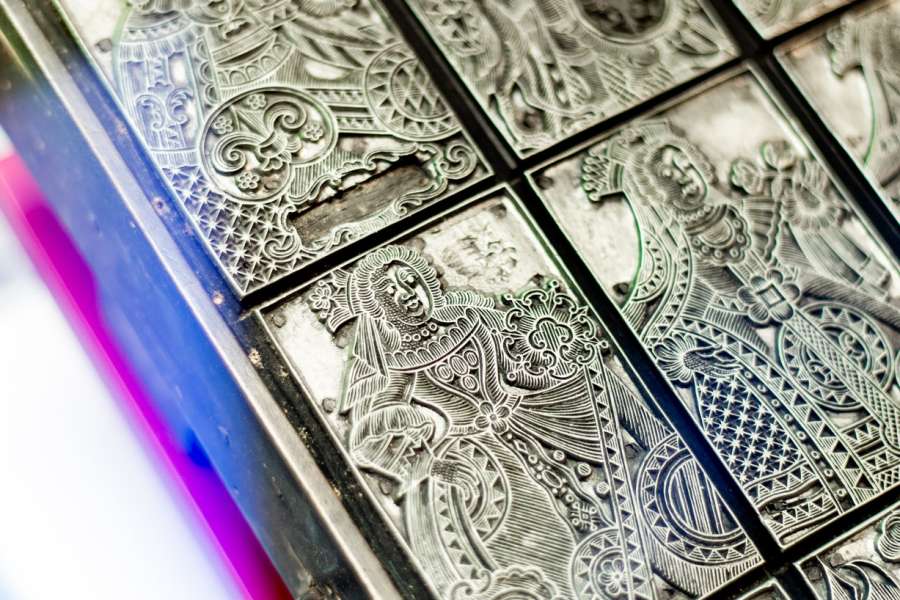

Quoi faire aujourd'hui ?
Et encore, en ce moment...
Quoi faire aujourd'hui ?0

Vous cherchez une Crèche, foyer de jour
ou assistante maternelle ?
Kideaz vous accompagne dans votre recherche de crèches ou de foyers et vous fournit les informations essentielles des structures les plus proches de chez vous.

NOTRE SÉLECTION D’ACTIVITÉS
Les activités du moment
Filtrez & trouvez
Les + populaires
Anniversaires
Articles Kideaz

10 astuces pour occuper votre enfant dans les transports
Les trajets en voiture, en train ou en avion peuvent parfois sembler longs et ennuyeux pour les enfants, mais avec un peu de préparation, ces moments peuvent devenir des occasions d'apprentissage et de divertissement. Voici...

















 Famille
Famille
 Parents
Parents
 Enfants
Enfants


 Loisirs & Nature
Loisirs & Nature
 Ateliers
Ateliers
 Arts & Culture
Arts & Culture






